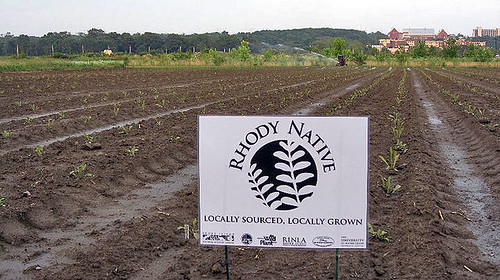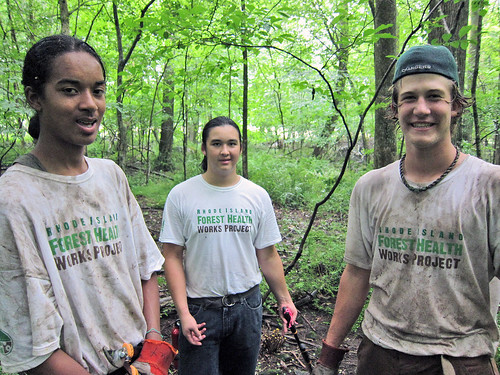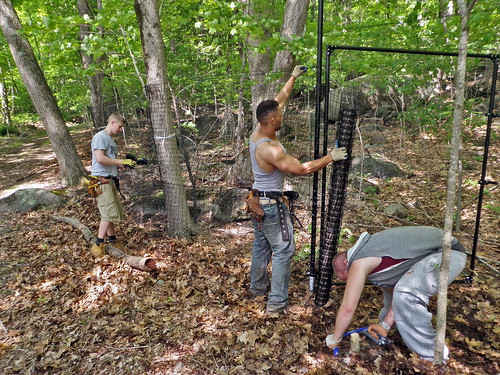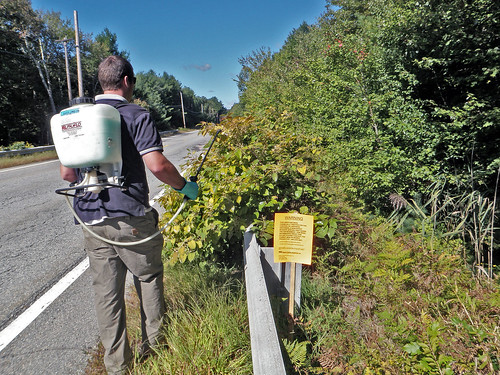Two years of work is nearly complete on a project to eradicate what is considered one of the worst invasive exotic plants in parts of the eastern U.S.

The Japanese knotweed grows in thick, dense colonies that completely crowd out native species. Forest Service Recovery Act funds helped to tackle the infestation in the largest contiguous forest block in Rhode Island where the invasive occurs.
Since 2010, with the support of Forest Service Recovery Act funds, the Rhode Island Natural History Survey has been using previously underemployed green industry workers to map all knotweed locations, contact all affected landowners, and conduct herbicide treatments on 20,000 acres in and around the state's Arcadia Management Area. The funds also helped created Rhode Island's own Youth Conservation Corps for high school students that outside funding sources continued to support in 2011.

The work to eradicate this plant also included efforts to educate the public through a mail campaign and a heavily attended public meeting contributed to the project’s success, as did a training workshop for area municipal highway crews.
Forest Service Recovery Act funds also enabled contractors to erect deer enclosures at multiple sites to demonstrate, over time, the relationship between forest regeneration, invasive plants, and deer abundance.

In addition, Forest Service Recovery Act funding is supporting an effort to grow and market genetically-diverse native plants that are locally sourced and grown in cooperation with the nursery industry.


